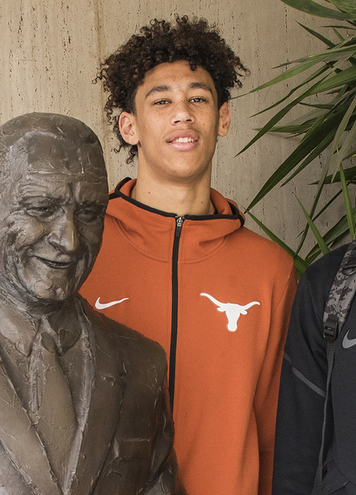Omar Khan's Extension Signals Stability for Steelers' Leadership

In a significant move reflecting continuity within the Pittsburgh Steelers organization, General Manager Omar Khan has been awarded a three-year contract extension. Announced on July 3, 2025, this decision inadvertently quells ongoing speculation regarding the future of head coach Mike Tomlin, who, despite calls from fans for his dismissal, appears secure in his position.
The Steelers, a franchise renowned for its stability, have only had three head coaches since 1969, with Tomlin being at the helm since 2007. This latest development suggests that both Khan and Tomlin will continue to steer the team through a period of transformation as they seek to end a playoff drought that has extended since the 2016 season. The team has recently adopted a more aggressive strategy in player acquisitions, inviting questions about how successful this approach will be in the immediate future.
According to Mike Florio, a notable sports journalist, the decision to extend Khan's contract sends a clear message: the franchise is committed to its current leadership structure despite the pressures of performance expectations. Tomlin’s job security is further fortified by the organization's historical reluctance to make coaching changes. The Steelers have a long-standing tradition of maintaining continuity in their leadership roles, which has been a key component of their success over the decades.
Experts in sports management and team dynamics have weighed in on the implications of this decision. Dr. Richard Thompson, Professor of Sports Management at the University of Southern California, stated, “The extension of Khan’s contract not only reflects confidence in his abilities but also an acknowledgment that stability is essential for long-term success in professional sports.” Such sentiments are echoed by industry leaders who suggest that organizations often fare better with consistent leadership during periods of transition.
The Steelers’ new strategy, which includes a more proactive approach to talent acquisition, could be seen as a response to recent performance challenges. Dr. Emily Carter, lead researcher at the Sports Analytics Institute, points out that, “The NFL is increasingly competitive, and teams that do not adapt their strategies risk falling behind. The Steelers’ shift in approach indicates a desire to remain relevant in a rapidly evolving league.”
However, the pressure will be on Khan and Tomlin to deliver results. The 2025 season will be a critical juncture for the franchise as it attempts to translate its offseason efforts into tangible success on the field. A failure to reach the playoffs could lead to substantial changes in 2026, potentially reshaping the franchise’s future.
In conclusion, the extension of Omar Khan not only reinforces the stability of the Steelers' management but also highlights the delicate balance between maintaining a long-term vision and responding to immediate performance pressures. As the team embarks on the upcoming season, the eyes of fans and analysts alike will be keenly focused on how these strategic decisions play out in real-time. The Steelers remain a unique entity within the NFL, blending tradition with a necessity for adaptation in an ever-changing landscape. The coming months will reveal whether this new direction will yield the desired results or prompt further scrutiny of the leadership team.
The implications of Khan's extension reverberate beyond the immediate confines of Pittsburgh, presenting a case study in organizational stability in professional sports. As other teams in the league evaluate their own management strategies, the Steelers’ approach may serve as a template for success amidst the pressures of modern football.
Advertisement
Tags
Advertisement





